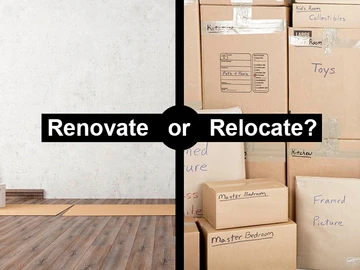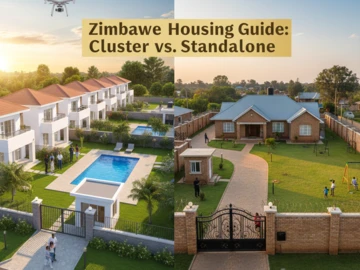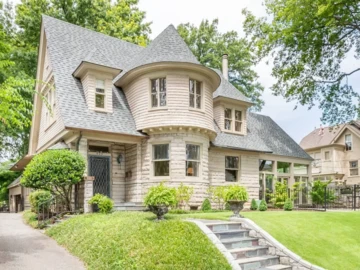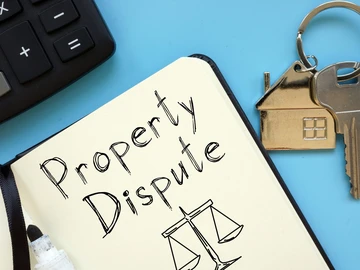For many Zimbabweans, buying a home is one of the most important financial decisions they will ever make. While cash purchases remain dominant, especially from proceeds of other property sales, there’s been a gradual revival of mortgage financing bringing new hope to prospective homeowners across the country.
Financing Options Available
If you're looking to buy property in Zimbabwe, you can explore several financing paths:
-
Cash Purchase: Still the most common route, often funded by selling another property or drawing from savings.
-
Mortgage Loan: Typically employer-assisted or based on personal income/salary.
-
Other Income Sources: Proceeds from business activities, diaspora remittances, or investments.
Due to the high upfront costs of buying property, mortgage loans are becoming an essential tool for middle-income and salaried Zimbabweans.
The Mortgage Market in 2025
Mortgage financing in Zimbabwe has been on a recovery path following years of economic instability. As of mid-2025:
-
Lending is slowly increasing, though still limited by high interest rates and tight liquidity.
-
Interest rates remain high, with most banks offering mortgage loans at between 30% and 45% per annum, depending on risk profile.
-
The RBZ Credit Registry continues to play a key role in creditworthiness assessments, with usage at an all-time high.
Start with Prequalification
Before you begin your house-hunting journey, it’s wise to get prequalified for a mortgage loan. Prequalification helps:
- Determine how much you can realistically afford
- Avoid disappointment or failed offers later in the process
- Give you stronger negotiation power with sellers
What Lenders Will Assess
To determine your eligibility, banks will examine:
- Income vs. Expenses: Your loan repayments must fall within 30–40% of your gross monthly income.
- Credit History: Verified via the RBZ’s credit registry.
- Deposit Amount: Larger deposits (typically 10–30%) improve your approval chances.
- Age: Older applicants may get shorter loan terms (due to time until retirement).
- Banking Relationship: Many banks require that your salary has been going into an account with them for at least 3 months.
Documents & Costs to Prepare
When applying, prepare the following:
- Valid ID and proof of residence
- Payslips and employment confirmation
- Bank statements
- Credit history (via RBZ)
- Proof of deposit
Estimates of costs like:
- Loan application fee
- Legal fees
- Valuation report fees
- Establishment/processing charges
Bank Requirements in 2025
Most major Zimbabwean banks offering mortgages in 2025 are focusing on:
- Salaried individuals with stable income
- Diaspora clients looking to invest in property back home
- Partnerships with housing developers for off-plan projects and stand financing
- Collateralized loans backed by titled properties
Some banks also allow you to borrow against an existing property (Equity Release) to fund a second purchase or improvements.
What to Do After Prequalification
Once you’ve been prequalified:
- Search for a property within your loan limit.
- Negotiate the purchase price.
- Make an offer contingent on mortgage approval.
- Proceed with final loan application, valuation, and legal formalities.
- Complete the sale and begin repayments.
You can browse over 8,000 property listings today on www.property.co.zw, from:
- Fully developed homes
- Titled residential stands
- Off-plan projects
- Renovation-ready properties
Final Thoughts
Mortgage loans are steadily becoming a viable path to homeownership in Zimbabwe. However, success depends on planning ahead, understanding lender expectations, and buying within your means.
Talk to your bank about prequalification before you begin your search and let Property.co.zw help you find the right home to match your budget.
 Continue with Facebook
Continue with Facebook
 Continue with Email
Continue with Email














